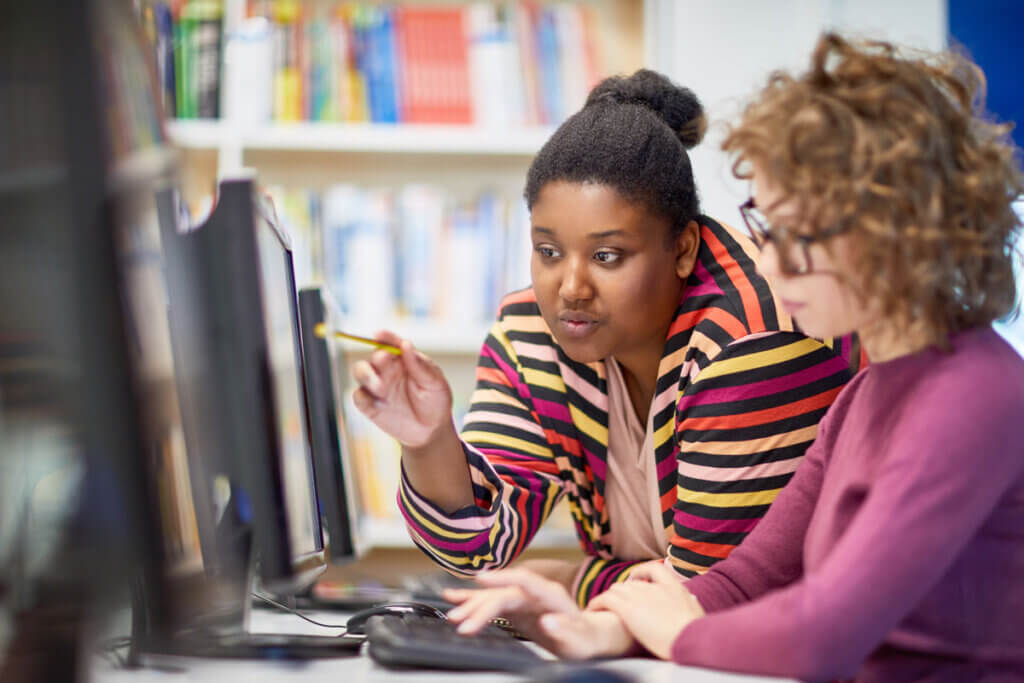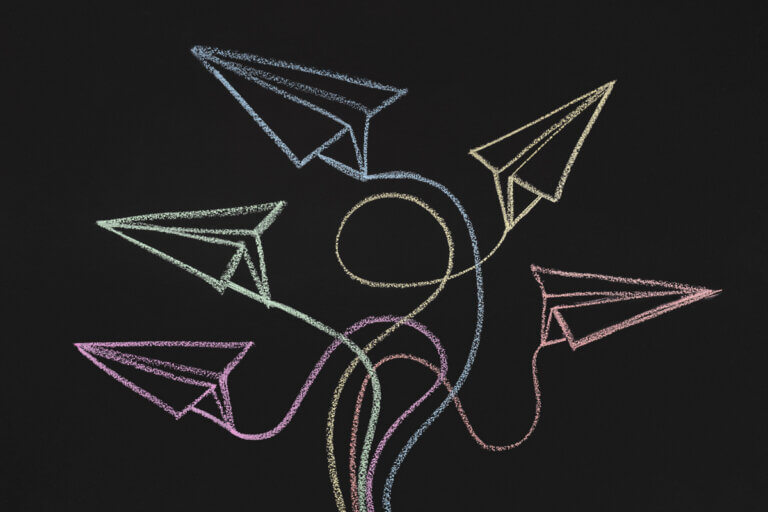What are your biggest hopes for artificial intelligence (AI)? How about your biggest fears and worries? In December, the I-WIN community met to reflect on these questions and explore the potential of AI to be a thought partner in the design of work-based learning experiences. Attendees shared their hopes for utilizing a variety of AIs, for example, Eduaide.AI to help write lesson plans and Diffit to help differentiate existing lessons. The group also shared fears that AI may perpetuate inequities and disrupt certain cultural norms.
The session focused on ChatGPT and other language models that excel in understanding and generating human-like text, commonly used for tasks such as answering questions and creating content. We discussed how ChatGPT can be especially helpful in project management, guidance on timelines, customized learning paths, curriculum development, and communication strategies. By specifying the audience, tone, and length needed, users can use the tool to generate a variety of content for work-based learning, from individual goals to industry trends to guides for creating inclusive environments to engaging communication materials.
In the discussion, we acknowledged that we are not AI or ChatGPT experts, but we did provide a few basics about the available tools and tips for getting started. We then broke into teams to try using AI to develop work-based learning resources. Participants were given a series of example prompts based on Illinois’ work-based learning continuum and were encouraged to think of their own needs. The resulting chats and resources generated include:
- A persuasive letter to employer partners to host a high school intern
- In this example, the user practiced the tip of assigning ChatGPT a role and specifying the tone that they wanted in the letter
- Insights on designing virtual internships in a rural community and a rubric for assessing essential employability skills
- In these examples, the user engaged in the iterative process by building on the response that they received from ChatGPT and asking follow-up questions to further refine and build on what they are looking to design
- Inspiration for team-based challenges in automotive technology and manufacturing
- In these examples, the user provided details about the type of problems they are looking for and expectations for collaboration in the industry to receive insights, including sharing the definition of a team-based challenge with ChatGPT
At the end of the session, attendees shared how helpful it was to have a dedicated space to try out something new that some of them had been anxious about engaging in. Many of them reflected on the hours of work they had put into the content that ChatGPT could generate in a matter of seconds. While the resources generated were impressively detailed and helpful, we did discuss how ChatGPT is not perfect, and users should utilize it as a complementary tool. Incorporating personal experience, industry knowledge, and a human touch is essential in the design process to create a high-quality and accessible work-based learning experience.
The discussion in this session is just the beginning of our ongoing learning journey in AI and its influence on work-based learning, including both design considerations and the ways students interact with AI during their work-based learning experiences. We look forward to further exploration and knowledge-sharing within the I-WIN community as we adapt to the evolving landscape and prepare ourselves to support young people in a changing world.



